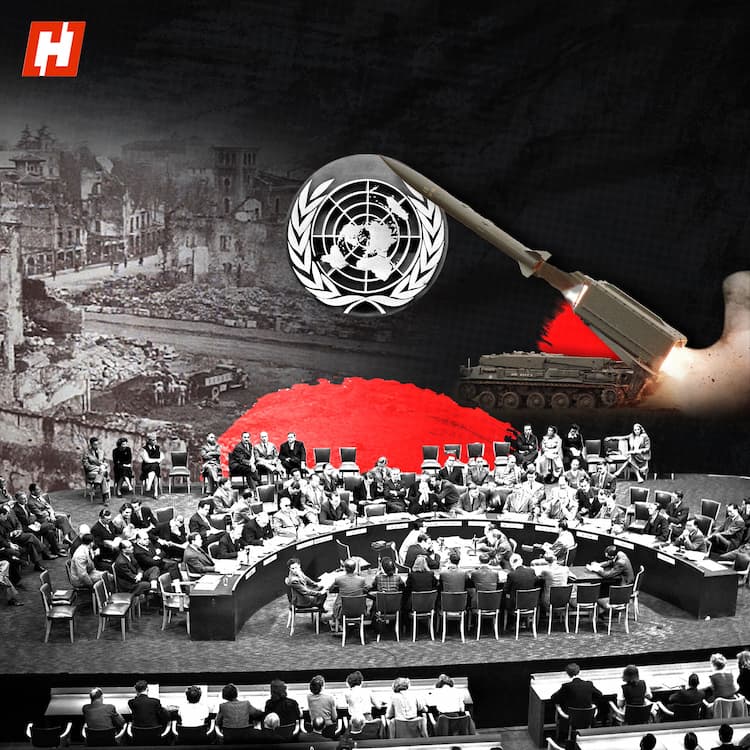Global energy security at risk as Israel strikes Iranian oil and gas fields

For the first time ever, Israel is targeting critical energy infrastructure in Iran.
When the IDF launched the first barrage of ballistic missiles at Iran on Friday, Prime Minister Benjamin Netanyahu said they were ‘pre-emptive’ strikes aimed at Tehran's nuclear programme. He claimed Israel was defending itself by preventing Iran from making a nuclear bomb.
But faced with retaliatory strikes by Tehran, Netanyahu expanded IDF's targets in the Islamic Republic.
For the first time in the decades-long rivalry between the Middle Eastern nations, Netanyahu ordered attacks on Iran's oil and gas facilities.
Major Iranian Oil Fields Hit
On Saturday, Israeli missile strikes targeted two major oil and gas facilities in Tehran.
The Shahran fuel and gas depot, located northwest of central Tehran, and the Shahr Rey refinery in the city’s south, which is one of the biggest oil sites in Iran.
While Iran’s petroleum ministry acknowledged the hit on Shahran depot, it didn’t confirm or deny reports of damage to Shahr Rey.
Local Iranian media outlets reported a fuel tank outside the Shahr Rey refinery caught fire, but did not explain what caused the blaze.
Israel also targeted South Pars -- the world’s largest gas field that reportedly accounted for two-thirds of Iran’s domestic gas consumption. The offshore gas field was seen partially in flames on June 14.
Located in the Persian Gulf, Iran shares the ownership of South Pars with Qatar, where the gas field is called the North Dome. It makes up the world's largest pure natural gas reserve.
The South Pars incurred significant damages in the Israeli attack, forcing Iranian officials to suspend 12 million cubic metres of gas production per day.
The Iranian petroleum ministry confirmed another attack on the Fajr Jam gas plant, which is one of Iran’s largest processing facilities in the Bushehr province.
Will Israeli Attacks Disrupt Energy Supply?
Iran is the world's third-largest gas producer after the United States and Russia. The country generates around 275 billion cubic metres of gas annually -- that's about 6.5% of global output.
Due to international sanctions, most of this gas is consumed domestically. But, Tehran does evade sanctions by exporting to countries like Iraq, and through ship-to-ship transfers in international waters.
Though analysts say that the Organization of Petroleum Exporting Countries, or OPEC, can easily compensate for the drop in Iranian supply, a spillover effect on Qatari gas exports would be difficult to contain.
Must Read: Trump’s Military Parade Vs "No Kings" Protest Signals Deep, Dangerous Divides in US
Qatar exports 77 million tonnes of liquefied natural gas from North Dome -- the Qatari side of Iran's South Pars gas field, that was attacked by Israel. Any disruption to this supply would pinch consumers in Europe and Asia, especially given Russia is under sanctions over its war with Ukraine.
Worse? There are fears of this conflict spilling into the Strait of Hormuz.
The vital shipping route between Iran and Oman links the Gulf countries to the Arabian Sea and beyond.
An estimated 20 million barrels pass through the strait every day. It accounts for around 1/5th of global oil shipments and 1/3rd of the world’s liquefied natural gas.
There are eight major islands in the Strait of Hormuz, out of which seven are controlled by Iran. And according to the Iranian news agency IRINN, Tehran is considering shutting down the shipping passage.
A blockade by Iran could spell disaster not only for the surrounding region but for the whole world. It could potentially impact the global price of oil, which, in turn, could cause significant worldwide economic disruptions.
Global Pressure on Israel
It's because of the potential impact on the global economy that Israel had so far avoided attacks on Iran's oil and gas facilities. Tel Aviv was under pressure from its allies, including the US, to prevent disruptions to the world's energy supply.
But, after getting away with the genocide in Gaza, an emboldened Netanyahu has decided to test the tolerance of his allies.
World leaders reacted with calls for de-escalation. But what happens if these calls fall on deaf ears? Will the global powers finally act against Israel? Maybe economic and energy supply risks are a better motivator than a humanitarian crisis.
Trending in Geopolitics

The only Indian ever executed by the Nazis — M. Madhavan

'New world order' that never was: 80 years since World War 2

Why advocates wear black and white

